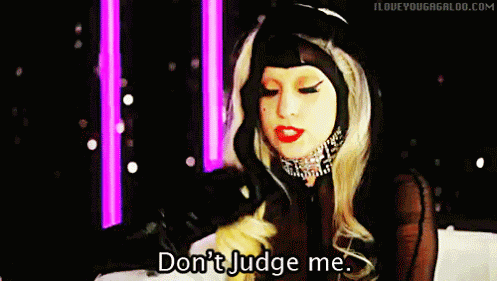What would you do with your time and career if money wasn’t an issue?
- Christina - Spark Back Coaching

- Sep 6, 2024
- 2 min read
Imagine waking up tomorrow and knowing that all your basic needs are covered. What would you do with your time and career if money wasn’t an issue?
This is one of my favorite #coaching questions and it could soon become the new reality for current and future generations.
With a lot of countries already experimenting with the possibilities of the Universal Basic Income ( #UBI ), covering for your basic living expenses might no longer keep you up at night. Instead, you could be focusing on what you really want to do.
Offering freedom to pursue work you are passionate about rather than being forced into jobs solely for financial survival is one of the main objectives for implementing the UBI. In addition, it would provide more economic security while tackling poverty and stimulating the #economy by providing individuals with more spending power.
Experiments have shown promising signs so far:
Finland (2017-2018): Finland conducted a two-year UBI experiment, giving 2,000 unemployed citizens €560 per month. Results indicated that while it didn’t significantly boost employment, it did improve recipients' #wellbeing and #mentalhealth.
United States: Some cities (like Stockton, California) have piloted UBI-like programs, often targeting low-income residents. Results have generally shown positive impacts on financial stability, mental health, and even #employment rates.
Canada: Ontario ran a basic income pilot from 2017-2019, which was cut short by a change in government. Preliminary results suggested improvements in quality of life, health, and employment among participants.
As with any innovative, never-done-before idea, there is still a lot of skepticism. The high cost is a deterrent for many governments and there is doubt as to whether individuals would still be as productive at work. Additionally, it's still unclear whether this benefit should be provided to everyone including the wealthy.
However, it's an undeniable fact that #work is changing. Not just the way we work but also our approach to it. Let's not forget that the 40-hour work week was once considered revolutionary as well.
So, let's just pretend for a minute that the UBI is really happening:
👉What #career choices would you make?
👉How would you spend your time?
👉What passions or projects would you pursue?
👉Would you still choose your current job, or would you pivot to something else?
Let me know in the comments how you would use your time and what changes would you make in your career if UBI became a reality.
And, if you want to read more about the possibilities of #universalbasicincome, read the sources below:
Stanford University's UBI Research: A comprehensive review of various studies on UBI, including its impacts and feasibility. This resource is ideal for those looking to dive deep into the academic and empirical evidence surrounding UBI. Read more at Stanford University's Basic Income Lab.
Brookings Institution Analysis: This article discusses UBI as a policy response to contemporary challenges, exploring both the potential benefits and the trade-offs involved. It's a balanced source for understanding the broader economic and social implications of UBI. Explore the Brookings analysis on UBI.
Nature Article on UBI Experiments: Nature has published several articles on UBI, including large-scale trials during the pandemic. These articles provide insights into how UBI experiments have unfolded in practice and what they reveal about its potential. Read the Nature article on UBI.





